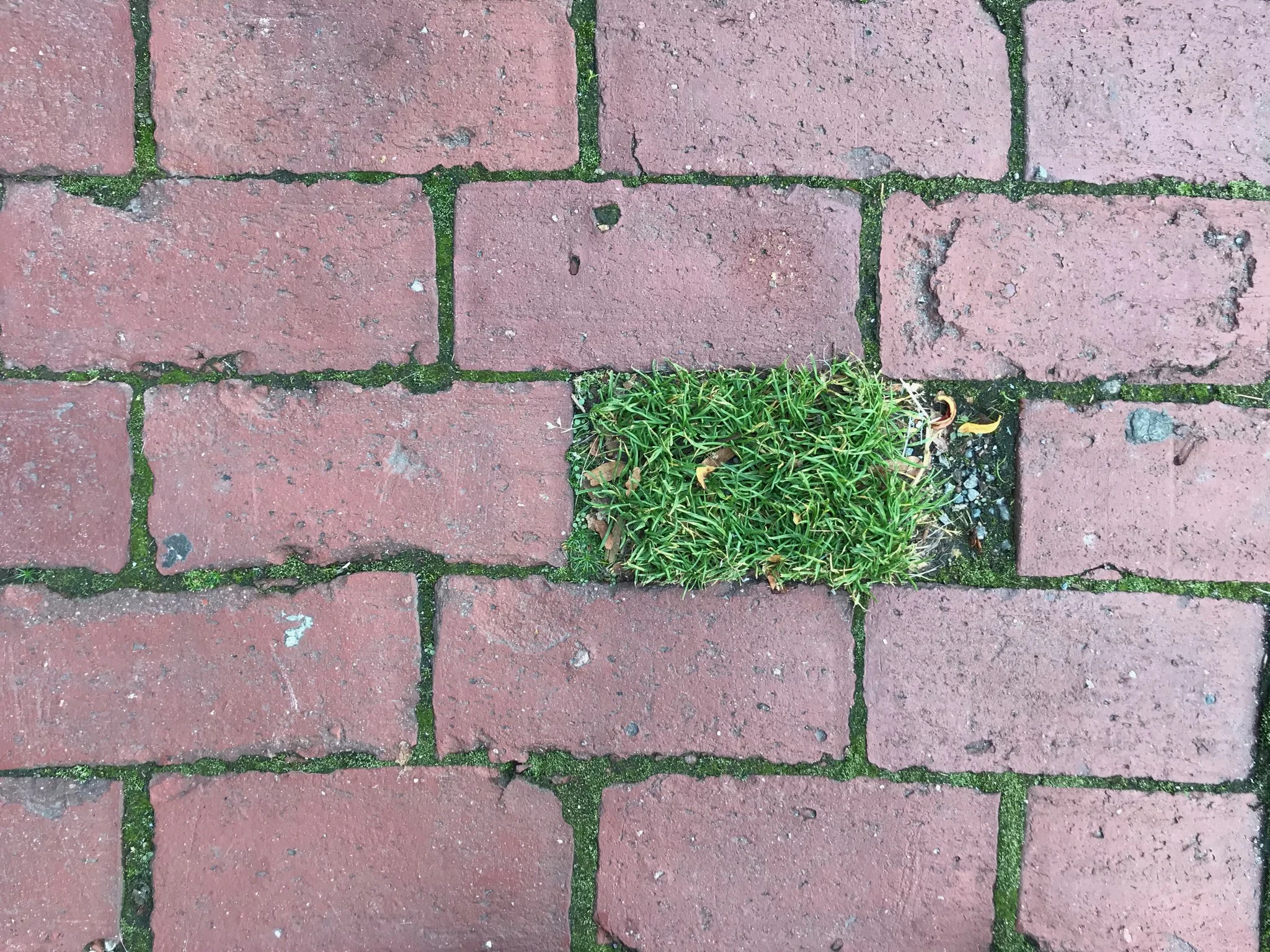Design:
Wide swaths of neutral, desaturated colors are commonly used to signal that products are in some way wholesome, natural, ethical, or organic, particularly in the world of fashion.
Labor Pains:
From time to time, there's a news story about a note being found in a mass-produced product, allegedly written by an unknown worker toiling under inhumane conditions. Sometimes those stories can be verified, other times they are constructed projects by activists. Rossalyn A. Warren, writing for Vox, tries to run down the truth of one such story, and in the telling maps out a world of production, abuse, and paranoia about the unknown spaces that so many of our goods appear from.
Energy:
Plastics are shaping up to be a non-negligible contributor to greenhouse gas emissions, predicted to increase at a faster rate than materials like steel and aluminum. It's less clear from the report if some of the rise in plastic demand is a result of product designs moving from metals to plastics, though in any case, we should strive for more efficient practices that minimize the energy going into plastic production.
Waste:
A fungus that breaks down polyurethane plastics has been discovered in Pakistan. While stories like this often have an optimistic tone, the reality is that even the most robust plastic destroying microorganisms are only able to address a portion of the problem we have created. Beyond the issue of waste, there is the highly concentrated energy, in the form of oil, that is summarily consumed in the production and transportation of plastic goods. The biological world comes up with novel solutions to break down those materials, though it is unable to re-concentrate the energy. Put another way, the bugs and fungi may help to clean up our messes, but when it comes to avoiding deeper destruction, it is up to us to do the work.
Archiving:
Among archiving tasks, cataloguing the Cambrian explosion of knowledge and noise that is the internet is a truly Herculean one.
Thinking about what the La Brea Tar Pits and souvenirs can tell us about how humans conceptualize time, and making our imprint on the world through making and remaking objects.




